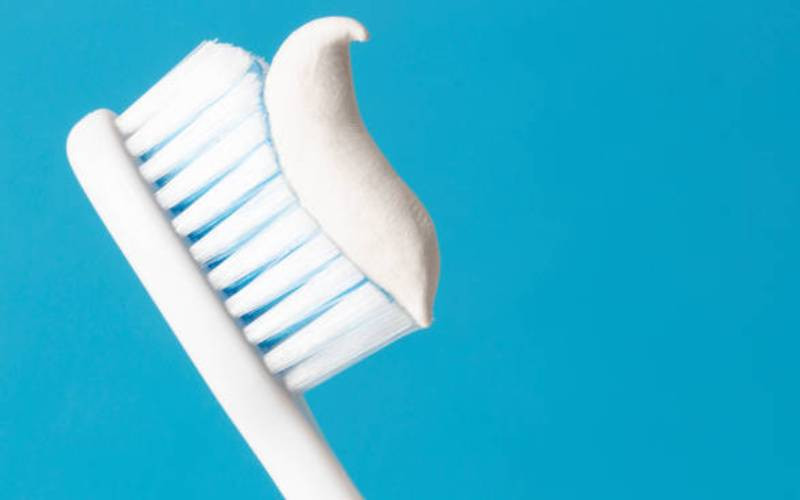- Higher fluoride levels were associated with lower IQ test scores. These findings raise important questions about the long-term effects of fluoride on cognitive development.
While hailed as a defender against cavities, fluoride's impact on overall health remains a topic of debate.
This article navigates the realms of science, controversy, and the pursuit of a radiant smile to understand the intricate interplay between fluoride and well-being.
To begin, let's address some critical facts about fluoride.
It is known to be a neurotoxin that, in high doses, can be harmful. The World Health Organization (WHO) acknowledges this potential risk.
In a study conducted in Mexico, researchers discovered a possible link between prenatal fluoride exposure and poorer cognitive outcomes in children.
Read More
Higher fluoride levels were associated with lower IQ test scores. These findings raise important questions about the long-term effects of fluoride on cognitive development.
Apart from cognitive effects, fluoride has been associated with various health problems. Case reports suggest that it may contribute to acne and other skin issues.
Furthermore, there are indications that fluoride may have implications for cardiovascular health, including arteriosclerosis, arterial calcification, high blood pressure, myocardial damage, cardiac insufficiency, and heart failure.
Reproductive organ disorders, lower fertility rates, early puberty in girls, neurological problems like ADHD, thyroid dysfunction, and bone-related conditions such as osteoarthritis, bone cancer, and temporomandibular joint disorder (TMJ) have also been linked to fluoride exposure.
One of the concerns surrounding fluoride is its ability to extract calcium from teeth and bones. As an "extreme electron scavenger" with an "insatiable appetite for calcium," fluoride can lead to tooth discolouration, weakened enamel, and bone problems.
This paradox raises questions about why trained medical professionals may recommend fluoridated toothpaste despite these potential risks.
It is essential to consider that hospitals and healthcare providers operate within a business framework, which may prioritize profits over individual health concerns.
Given the potential health concerns associated with fluoride, many individuals seek fluoride-free alternatives for their oral care. Activated charcoal has gained popularity for its stain-removing properties and ability to prevent discolouration.
Baking soda is another option known for its effectiveness in oral hygiene. Virgin coconut oil can be used as a mouthwash, as it does not disrupt the beneficial bacteria in the mouth.
It is worth noting that non-fluoridated toothpaste alternatives often differ from mainstream brands advertised in the media.












